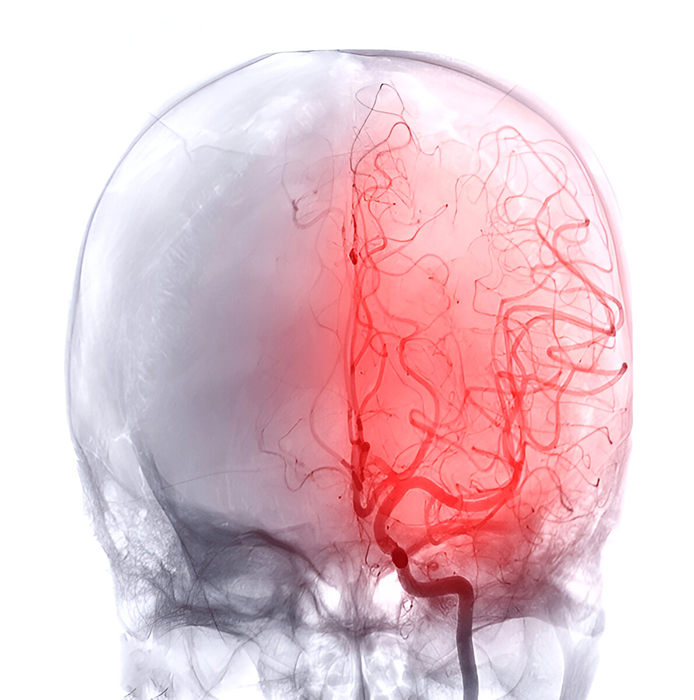Interventional Neurology

The Interventional Neurology Department at Fortis Hospital Jalandhar is recognized as a Centre of Excellence, delivering advanced care for complex neurological and cerebrovascular conditions. The department is headed by Dr. Trimaan Singh Sikand (M.B.B.S., M.D., D.M. Neurology, FICR (EULAR, Germany), FINR - Post Doctoral, Fellowship - Intervention Neuro-radiology & Stroke Intervention), a highly skilled interventional neurologist with deep expertise in neurovascular and minimally invasive procedures.
Under his leadership, the department has become a trusted hub for comprehensive neurovascular and neurological care, providing cutting-edge interventions with state-of-the-art technology and a multidisciplinary team approach.
Interventional Neurology Offered
The department specializes in a wide range of diagnostic and therapeutic procedures, including:
Cerebral and Spinal Angiography – detailed vascular imaging to detect blockages, aneurysms, or malformations.
Stroke Management
Mechanical Thrombectomy for acute ischemic stroke.
Catheter-directed Thrombolysis to dissolve clots.
Aneurysm Treatment
Endovascular Coiling.
Latest Flow Diversion techniques for large or complex aneurysms.
Carotid, Vertebral & Intracranial Stenting – in patients with Stroke or Transient Ischemic Attacks (TIA).
Fistula/AVM Embolization – blocking abnormal vascular channels.
Fluoroscopic-Guided Nerve Injections & Epidural Injections – for pain management.
Venous Stenting for Refractory Idiopathic Intracranial Hypertension (IIH).
Middle Meningeal Artery (MMA) Embolization – for recurrent sub-acute to chronic subdural hematoma (SDH).
Botulinum Injections – for movement disorders and chronic migraine.
Headache-Related Nerve Blocks – for severe, drug-resistant headaches.
Areas of Expertise – Neurology
Along with advanced interventional procedures, the department provides expertise across the full spectrum of neurological care, including:
Stroke Neurology – prevention, acute management, and rehabilitation.
Headache and Craniofacial Pain Disorders – including migraine and trigeminal neuralgia.
Epilepsy & Seizures – evaluation and management of drug-resistant epilepsy.
Movement Disorders – such as Parkinson’s disease, tremors, and dystonia.
Dementia & Cognitive Disorders – Alzheimer’s and other memory-related conditions.
Peripheral Nerve Disorders – Neuropathy and related conditions.
Muscle Disorders – Myopathy and related diseases.
Spine-Related Disorders – cervical and lumbar spine problems.
Neuro-Immunological Disorders – including Multiple Sclerosis (MS), Myasthenia Gravis, and other autoimmune conditions affecting the nervous system.
Advantages of Interventional Neurology
Compared to traditional surgery, interventional neurology offers:
Minimally Invasive Approach – small punctures instead of large incisions.
Reduced Risk of Complications – lower chances of infection and bleeding.
Faster Recovery – shorter hospital stays and quicker return to daily life.
Precision – real-time imaging ensures accuracy.
Life-Saving Potential – especially in stroke management where every minute counts.


